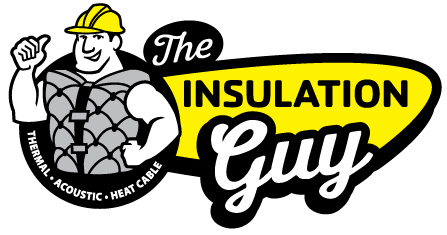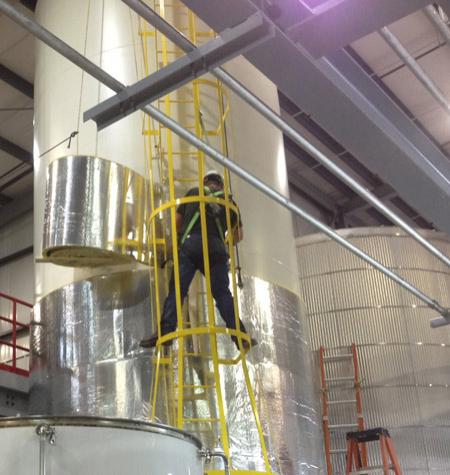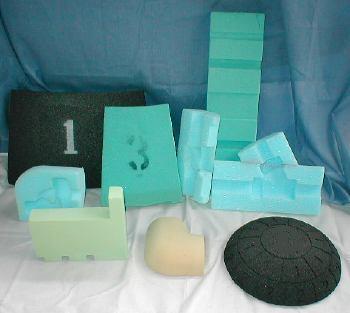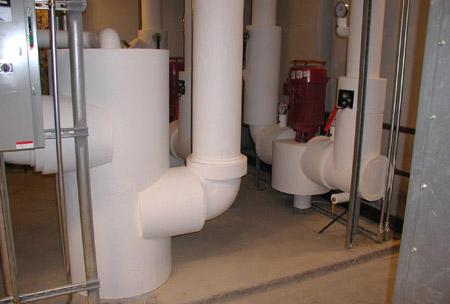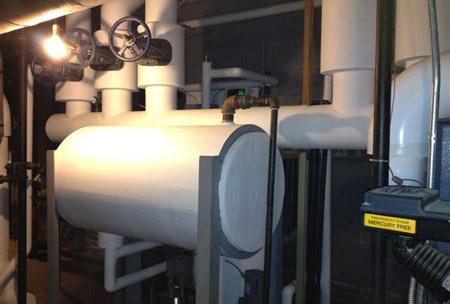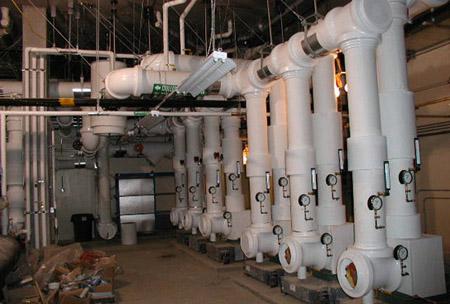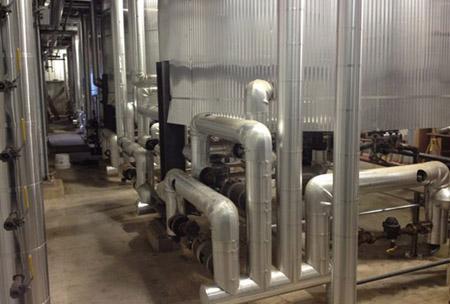Industrial Insulation for Manufacturing Plants
.jpg)
As a nation, we take pride in providing the world with high-quality American-made goods. And as an employer, you take pride in giving your team a safe and efficient job site so they can show up every day and do work the world relies on. Protect the environment by saving energy. Protect your employees from harm. Get industrial insulation for your manufacturing plant. Get a free quote.
Explore Industrial Insulation for Manufacturing Plants
Some of our top-selling insulation products for industrial applications include:
Pipe Insulation
Reduce corrosion under insulation and keep your staff safe from hot exposed pipes by insulating them properly to withstand high temperatures at your plant.
Insulation Wraps
Contain the heat of exhaust ducts and large steam flues by wrapping them in premiere insulation wraps. Regulate heat loss or gain of your HVAC systems.
Acoustic Curtains
Protect from noise pollution with removable insulation curtains that have an actual noise reduction of up to 24 dB(A) while retaining easy access to machinery.
Insulation Blankets
Reduce heat and sound emissions from machinery while maintaining easy access to parts for repairs with custom removable insulation blankets
Why Partner with The Insulation Guy to Insulate Your Manufacturing Plant?
With nearly 50 years of experience, we could drone on and on about industrial insulation. We know, though, that what is truly important to you is not the insulation itself, but what it can do.
With proper insulation, you can save money on energy costs associated with heating and cooling, protect employees from injury, prevent equipment decay from condensation and corrosion, and even protect the environment. And when you look at it like that, insulating your manufacturing plant is a no-brainer.
Get a Quote Today
.jpg)
Questions about industrial insulation?
What type of insulation is the most energy efficient?
What is the best insulation to keep pipes hot?
How can I cut down on noise in my factory?
When is the best time to insulate my manufacturing plant?
Are there any drawbacks to insulating a manufacturing plant?
